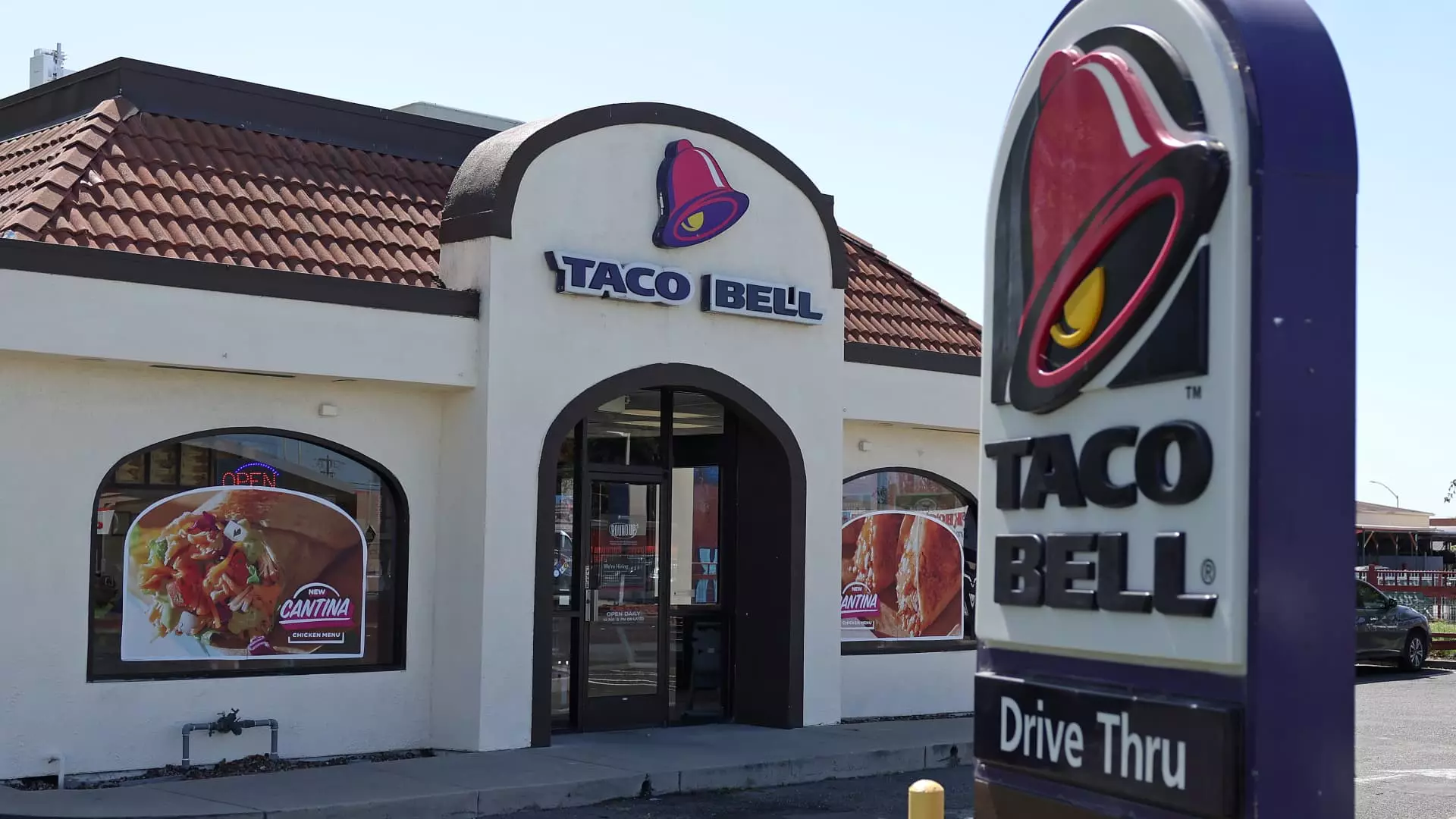In recent weeks, the fast-food industry has been shaken by an alarming E. coli outbreak that has resulted in one fatality and numerous reported illnesses across multiple states. This public health crisis, originating from consumption at McDonald’s, has not only affected the burger chain but has also sent ripples of concern cascading through its suppliers and associated brands. Taco Bell, KFC, and Pizza Hut, all subsidiaries of Yum Brands, have taken proactive steps to secure their food safety by removing fresh onions from select locations as a precautionary measure.
A spokesperson for Yum Brands stated their commitment to food safety, emphasizing their decision to remove fresh onions due to ongoing E. coli investigations. The spokesperson noted, “As we continue to monitor the recently reported E. coli outbreak, and out of an abundance of caution, we have proactively removed fresh onions from select Taco Bell, Pizza Hut, and KFC restaurants.” This statement reflects the company’s responsive strategy amidst the rising health concerns, showcasing the importance of consumer safety over profit margins even when the connection to the outbreak remains tenuous.
While Yum Brands has acted decisively, the specifics surrounding the onion recall issued by U.S. Foods have raised questions. U.S. Foods recently notified its customers about the recall of onions produced by Taylor Farms, although clarification on whether these onions are linked to Yum Brands’ actions remains ambiguous. Notably, U.S. Foods does not supply onions specifically for McDonald’s, complicating the traceback efforts significantly. This confusion illustrates the intricate web of supply chains in the food industry, where one supplier’s issues can quickly escalate into broader safety concerns for multiple brands.
Health authorities are diligently investigating the outbreak’s source, focusing heavily on the consumption patterns of affected individuals. Interviews conducted by the Centers for Disease Control and Prevention (CDC) indicated that 14 out of 18 interviewed individuals had consumed a Quarter Pounder prior to their illness onset. Health officials are scrutinizing two primary ingredients in these burgers: fresh beef patties and slivered onions. McDonald’s has reported that the implicated onions come from a singular facility that handles their washing and slicing, bringing attention to the potential risks associated with centralized food processing.
The E. coli scare underlines the fragility of the food supply chain within the fast-food sector. For consumers, the outbreak serves as a stark reminder regarding food safety and the need for vigilance. As Yum Brands continues to navigate this crisis and McDonald’s reevaluates its ingredient sources, the overarching lesson remains clear: rigorous standards and thorough supplier monitoring are imperative to uphold public health and consumer trust. The road to recovery from such outbreaks requires a concerted effort across the industry, emphasizing that at the heart of fast food must always be the paramount priority of safety.

